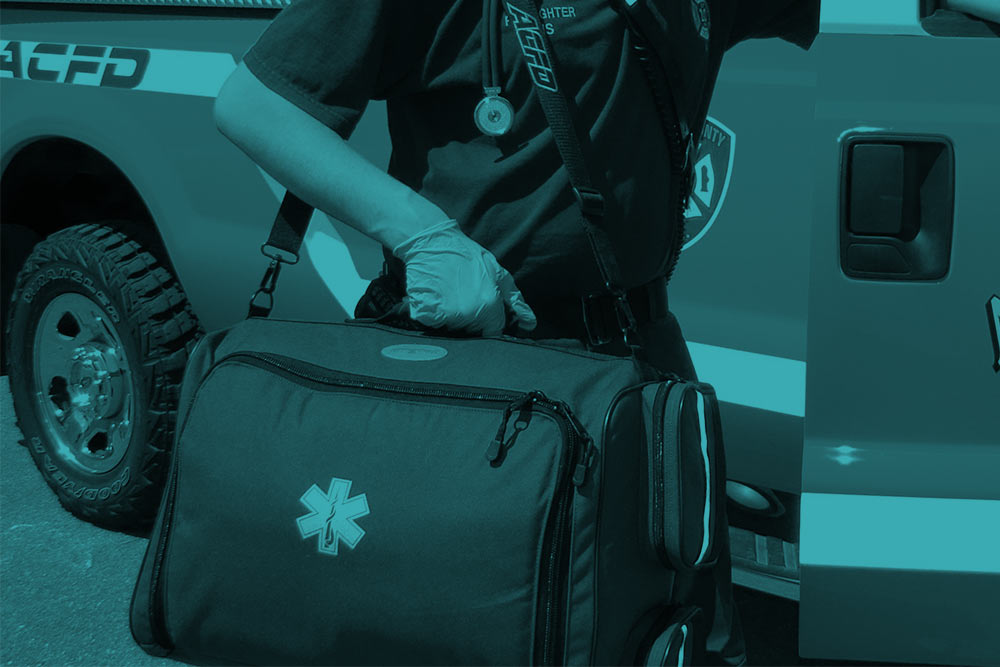
In patients with out-of-hospital cardiac arrest (OHCA), automated external defibrillator (AED) devices contain valuable data about a patient’s initial rhythm. The retrieval process was previously without protocol, despite its critical role in the patient journey.
A Plan-Do-Study-Act model was carried out at the cardiology department at Royal Jubilee Hospital, British Columbia, Canada. They collaborated with the emergency health services of British Columbia to cocreate a request process for data from AED’s used by first responders. The British Columbia Fire Departments, which the study stated to be under municipal oversight, required an alternate strategy. Educational presentations allowed for feedback and advancement. Patients surviving OHCA and were transferred to the regional cardiac centre, were consecutively enrolled from November 2018 to April 2020. The study evaluated the timeliness of AED information retrieval and tracked the process to admission. A retrospective chart review also informed specifics after admission and a survey to the Coronary Intensive Care Unit staff was used to assess clinical utility.
The AED project showed that effective multiorganization collaboration can improve the capacity for health care teams to make informed decisions on patient care. Through timely access to AED data, details from the time of OHCA can have direct integration into clinical decision-making. Overall, this could spare patients from the risk of complications of unnecessary procedures, decrease workload burden of health care staff, and for proper utilization of hospital resources.
For full study click below;






